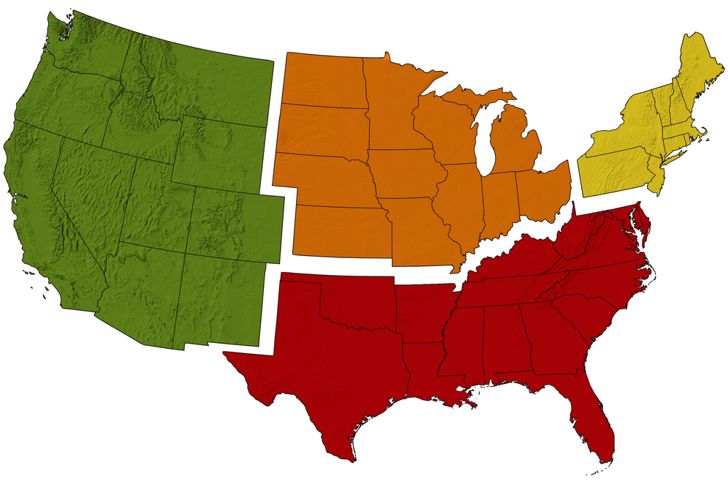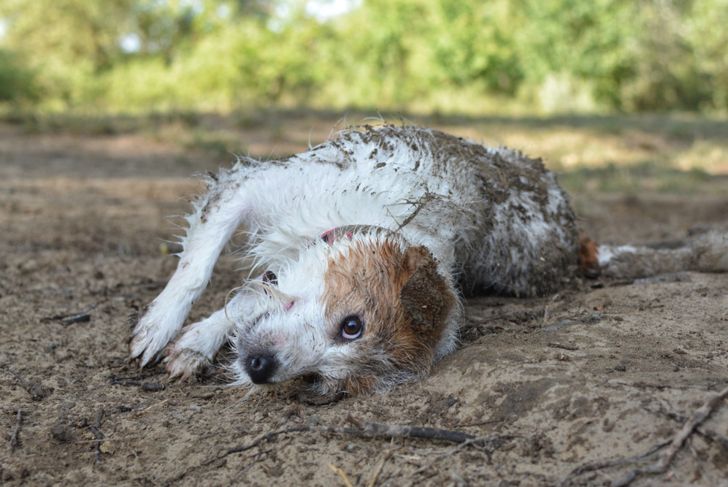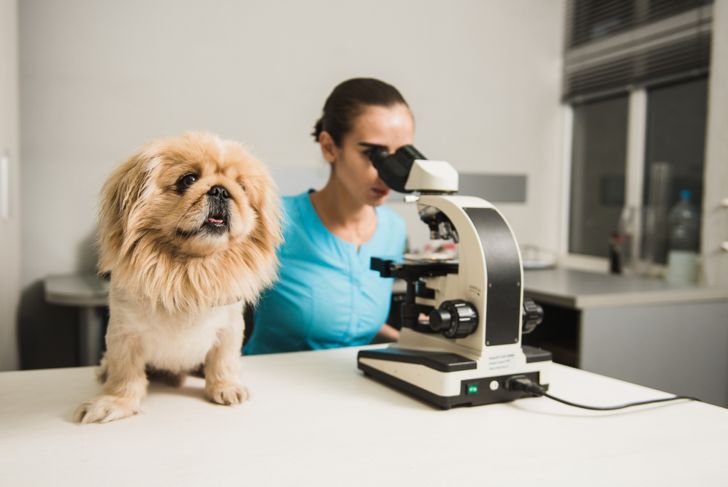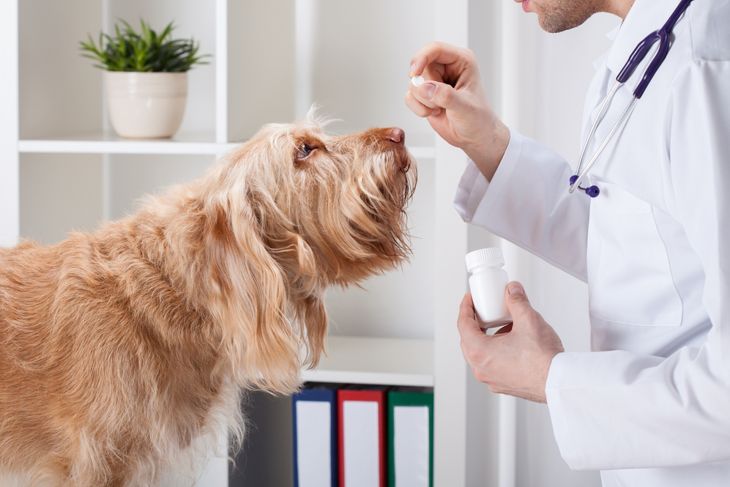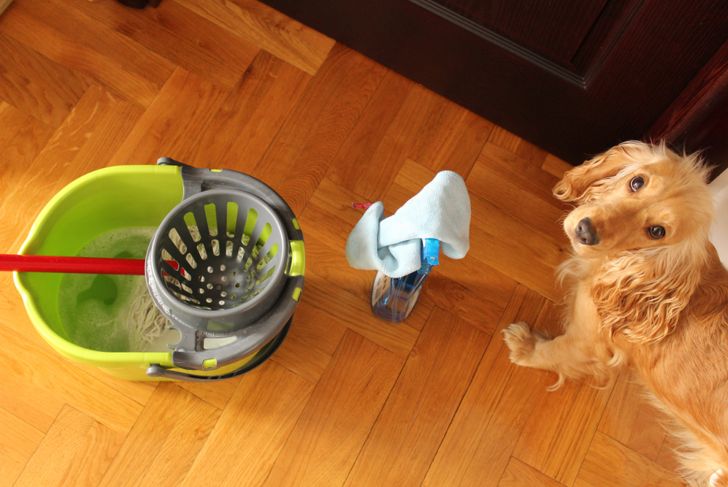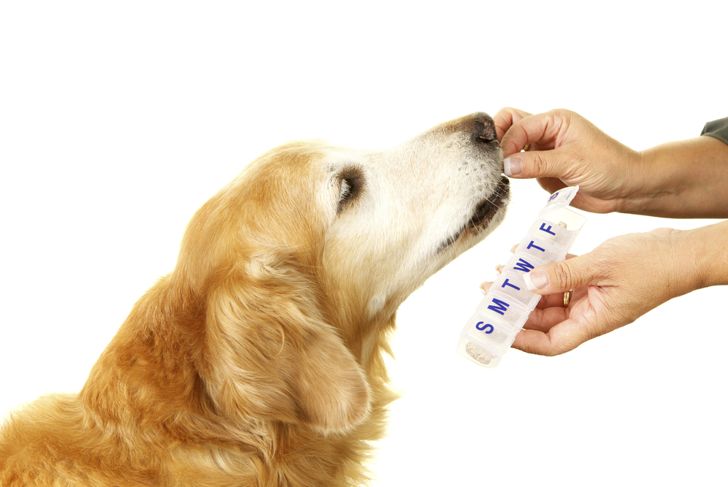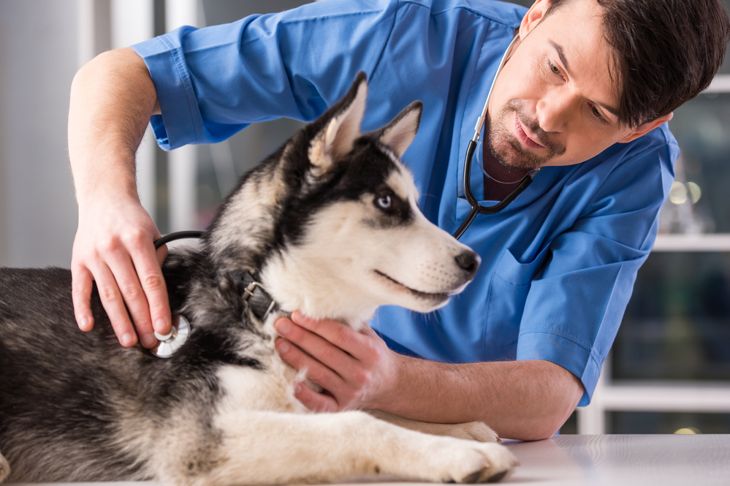Parasites are a common problem in dogs. They can become infected with roundworms, tapeworms, hookworms, and heartworms. Worms are nematodes and create a vicious cycle of reproduction, reintroduction and subsequent infection. Hookworm larvae can live inside of a host — your dog — for several weeks until maturity. Your dog will shed the parasites in his feces. Canine hookworms will lay more eggs, which perpetuates the cycle.
What are hookworms?
Hookworms (Ancylostoma braziliense, Ancylostoma caninum, and Uncinaria stenocephala) are named due to the parasite’s hook-like structure. The nematode’s mouth literally “hooks” itself to a dog’s intestinal tract or skin. Intestinal hookworms feed on the dog’s blood. Dogs of any age or breed can become infected with hookworms.
Are certain regions more prone to hookworms?
Hookworms can be found anywhere. A. caninum is the most prevalent. A. braziliense is more common in southern regions and U. stenocephala in the Northern U.S. and Canada.
Can humans get hookworms from dogs?
Hookworms and be transmitted to humans and other animals, including cats. While hookworms can be extremely irritating to humans, they are not fatal nor cause serious illness. The primary symptom of discomfort is irritated and itchy skin. Nevertheless, that is why it is important to pay close attention to your dog’s health and treat suspected hookworm infection immediately. If left untreated, hookworms can be fatal to dogs, primarily due to blood loss.
How are hookworms contracted?
Hookworms and their larvae live in soil, water, and other animals. Your dog can become infected by drinking tainted water or by eating the feces of infected dogs. If your dog lies on or rolls around in contaminated soil, the hookworms can attach themselves to their skin. Mothers can transmit hookworms to their litters.
What are symptoms of hookworms?
Because hookworms sap a dog’s blood supply, they cause anemia. Other symptoms include weight loss, pale gums that appear grayish instead of reddish-pink, vomiting, bloody diarrhea and weakness. Itchy and irritated paws may indicate topical hookworms. A less common symptom is constipation. When the stool is finally passed, it may be hard, tarry black and tinged with blood.
How are hookworms diagnosed?
Hookworms are tiny, measuring only a few millimeters and are undetectable by the naked eye. They are diagnosed by examining a sample of your dog’s stool on a slide under a microscope. The test is called a “fecal float” because the fecal sample is combined with a drop of water. The fecal float is a highly reliable test. Your veterinarian will also perform an extensive exam of your dog to make sure he isn’t suffering from any other conditions caused by hookworm infestation.
How are hookworms treated?
Oral deworming products treat hookworms. Typically, they are administered every two weeks. If your dog is suffering from other conditions such as severe anemia or dehydration from diarrhea, more extensive treatment, such as a blood transfusion or IV fluid administration may be necessary. He may also need to take iron supplements to boost his blood production as well as eat a special diet to help restore his strength when he gets home.
Do I need to treat my house?
In your house, clean and disinfect any areas your dog has come in contact with by using a bleach and water solution. Throw away fecal matter immediately. Take precautions by wearing gloves and if possible, leave the shoes you wore while tending to the dog’s areas outdoors until they can be properly cleaned. There are methods for treating potentially contaminated soil that you might want to apply, especially if you have children who play outside.
Hookworms Prevention
While there is no sure-fire way to avoid hookworms, you can greatly minimize the risk. The best way to protect your dog from hookworms is by regular veterinary care and keeping his living conditions clean and sanitary. If your dog is taking preventative heartworm medication, that will also stave off hookworms. You can also have your dog dewormed on a regular basis, depending on where you live, how frequently your dog is outdoors or if he is in regular contact with unfamiliar dogs. Pet owners can also help break this cycle by cleaning up after their dog when out walking or playing in a public area.
Can my veterinarian check my dog for hookworms?
When you take your dog in for regular exams, your veterinarian may request a routine stool sample. He or she can also give you advice on how to make your home safer to prevent future episodes. Make sure that your dog’s living environment is clean and sanitary, which means regularly cleaning and disinfecting, as well as the laundering of any blankets, bedding, and washable toys. When you are out walking our dog, don’t let him sniff or eat feces left by other dogs.

 Home
Home Health
Health Diet & Nutrition
Diet & Nutrition Living Well
Living Well More
More
